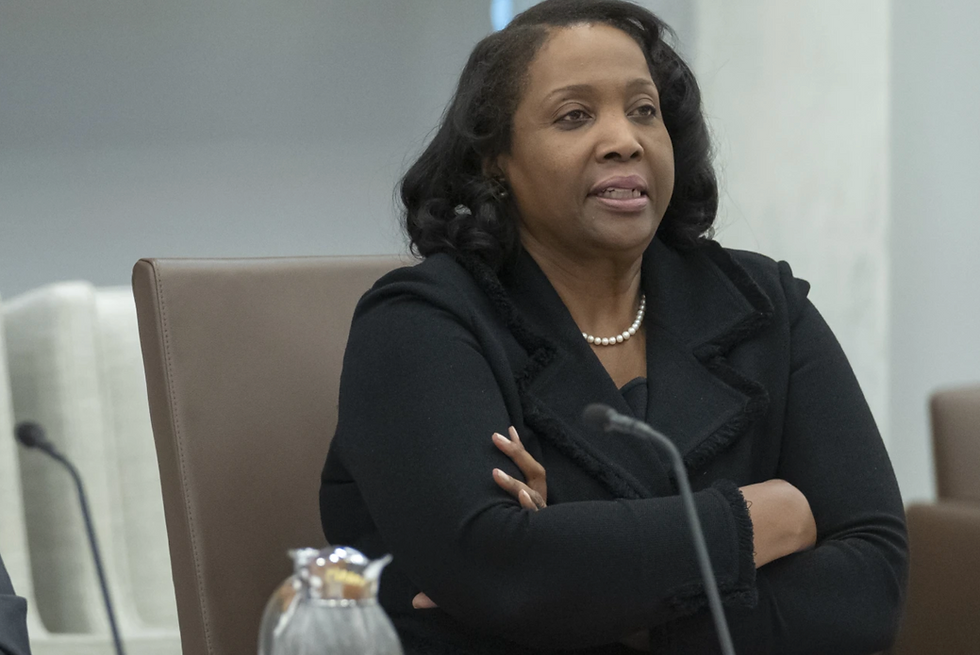EssenceFest, Target, and the Question We Don’t Want to Ask
- Nikki Porcher

- Jun 27
- 3 min read
I’ve been part of EssenceFest in almost every way you can imagine. I’ve been a vendor. I’ve spoken on panels. I’ve led second lines. I’ve sold out tables. I’ve been featured in Essence Magazine itself. I’ve done the work, shown up, poured into Black Women, and built relationships that started right there on the convention floor.
So when I speak on EssenceFest, I’m not talking as an outsider. I’ve watched it grow. I’ve contributed to what it means. And I still believe in what it can be.
This week, an email hit my inbox from Essence:
“Our sponsors are bringing the vibes to EssenceFest.”
And one of those major sponsors? Target.*
Yes, that Target. The one many of us are actively boycotting. The one that rolled back its DEI commitments, quietly disbanded its Racial Equity Action and Change (REACH) committee, and scaled back shelf space for Black-owned brands. The same Target that pledged $2.3 billion to Black communities in 2020, and then stepped away from that promise as soon as the public attention faded.
Let’s not forget: Target’s own CEO acknowledged they pulled Black- and LGBTQ-themed products due to backlash, not out of care for the communities those products represented, but to “protect” the comfort of others.
And let’s be real: this is not the first time Target has been involved in EssenceFest. Every year I’ve attended, their booth has been one of the biggest and busiest. People have stood in lines for hours, leaving with tote bags, beauty products, and whatever was free that day. People line up, they wait, they post. The booth has always been packed.
So here is my question:
We gave the National Baptist Convention hell for partnering with Target during a boycott. Are we doing the same with EssenceFest? Or are we silent because we love the space too much to challenge it?
If We Say We Want Accountability, What Does That Actually Look Like?
I’m not writing this to call anyone out. I’m writing this because I’m conflicted. This one doesn’t come with an easy answer, but when that email dropped, I paused.
If we say we care about Black economics…If we say we’re holding corporations accountable…
Then we have to ask ourselves:
Is showing up to a space enough, even if it's funded by a brand that no longer funds us?
Do we skip the Target booth and still post the pictures like everything’s fine?
What happens when the longest line in the building is for the same brand we’ve been calling out?
And if we stay silent, then what does that say about the weight of our protest?
Let me be clear: this isn’t about guilt. This isn’t about shaming Black Women for wanting joy. It’s about clarity. Because the truth is, corporations are counting on us to get tired. And they’re hoping our resistance will lose steam. This is a moment they’re watching not to see if we show up, but to see how serious we are. They’ve mastered the art of support without substance.
And as long as we accept that, they have no reason to do anything different.
Going Forward with Intention
Many people consider EssenceFest sacred, and I understand. But if you’re choosing to go, then go with purpose.
Because protest doesn’t always mean absence. Sometimes it means presence with a message. It means showing up with your eyes open and your strategy clear.
Maybe you skip the Target booth altogether.
Maybe you spend with five Black-owned vendors and post about them instead.
Maybe you talk to people in line and ask: “Why are we still giving our attention to a brand that’s pulling back from us?”
Maybe you can contact Essence organizers and say, "Next year, let's make the sponsor list reflect our values, not just our attendance numbers."
None of those things ruins the moment. They sharpen it. They make the moment mean more. They turn it into something real. Because this is how we show we’re paying attention not just to the stage, but to the structure behind it.
This Isn’t About Cancel Culture. It’s About Consistency.
I’m not mad at EssenceFest, and I’m not telling you not to go. I’m definitely not here to tell Black Women to cancel their joy. Ever.
But I am saying this:
If we’re serious about Black economics, if we say we believe in collective power, then let’s not fold when it gets uncomfortable. Let’s not quiet down when the DJ starts playing our favorite song. Let’s not move the line just because we’re in the room.
Because if Black liberation is really what we’re after, economically, culturally, emotionally, then we don’t just need louder voices.
We need to stand on our standards.
*Yes, I see Amazon is also front and center. Same song, different cast.








Comments